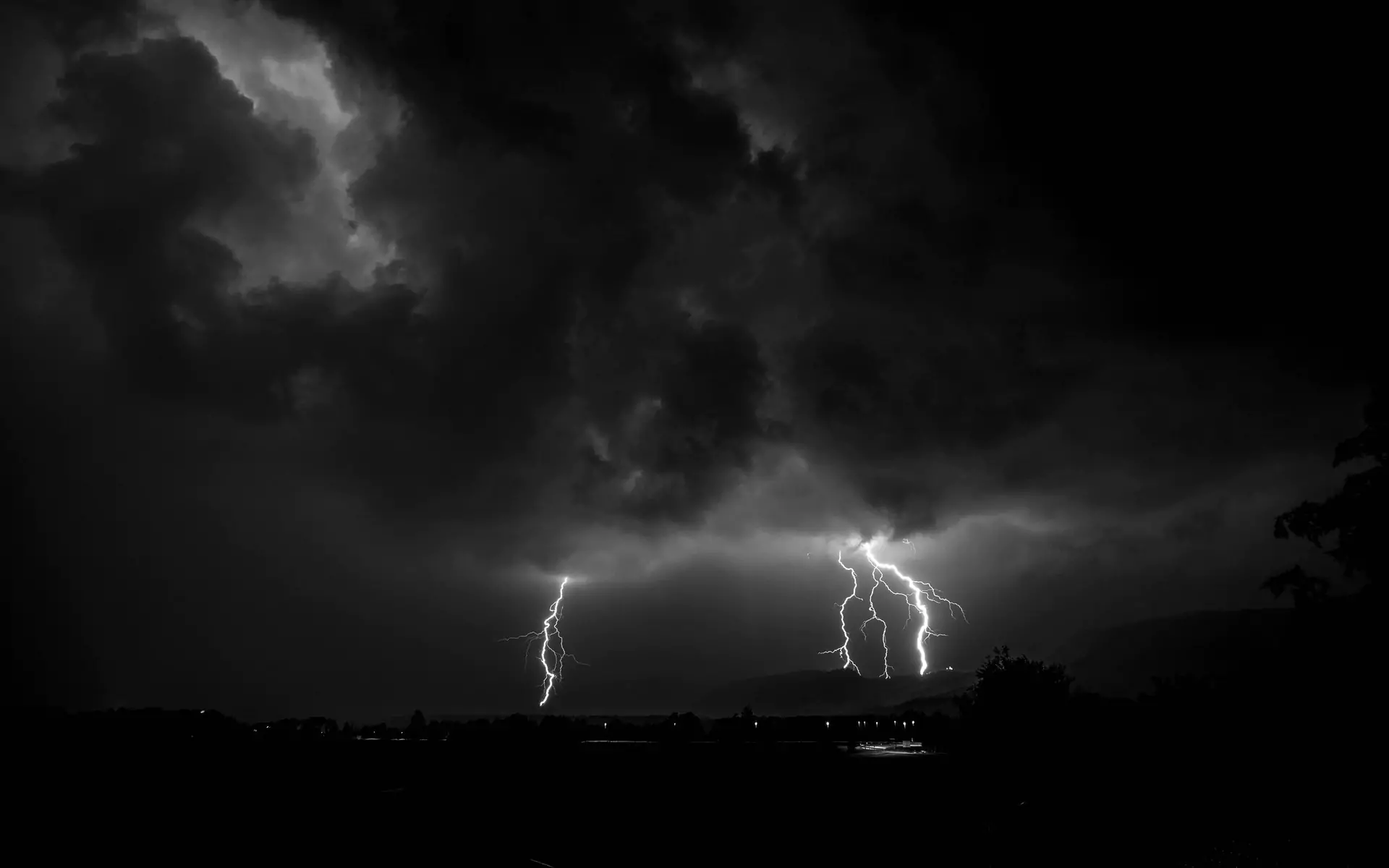Dare I say it? Every person talks about the weather, but nobody does anything about it. It's a common saying and one that is at least partially true. Weather is a subject of nearly constant conversation and speculation. Millions search the internet every month looking for more information about local weather, world weather, and even weather disasters. Everyone wants to know--do I need an umbrella today? Will it rain for the big game this weekend?
If you live on the surface of the Earth, weather will affect you in a variety of ways. It determines the clothes you wear, the type of home you live in, it even has an impact on what sort of sports and leisure activities you take up.
Weather shapes the very soil we live on and causes plant and animal life to adapt to different conditions. Plants adapt and evolve to live in constantly wet conditions or to survive long periods of drought. Even the shape of tree branches is determined by the prevalent weather. Animals have adapted to survive the extremes of weather in their particular habitat.
Humans' food supply is dependent on the weather. If there is widespread adverse weather, then harvests may be low and transport may be difficult. Droughts, floods, and blizzards can result in widespread hunger in less developed portions of the world.
We may not yet be able todoanything about the weather, but our intensive interest in and study of the weather is allowing us to continually refine our ability to predict the weather. Accurate prediction of adverse weather can allow farmers to adjust their farming practices to reduce negative impacts.
Weather forecasting in the distant past was the realm of priests and shamans. These local spiritual leaders constantly attempted to alter the weather for their community's benefit through rites and sacrifices. Relief or deliverance from bad weather has been constantly attempted through rain dances and prayer.
Over time, weather folklore developed with common sayings regarding connections between current conditions and future events. Weather observation and research was not really accepted as a science until the 20th century. As observation technology advances and computer models are refined, our ability to forecast accurately is improved. But to date, control of the weather has remained elusive.
